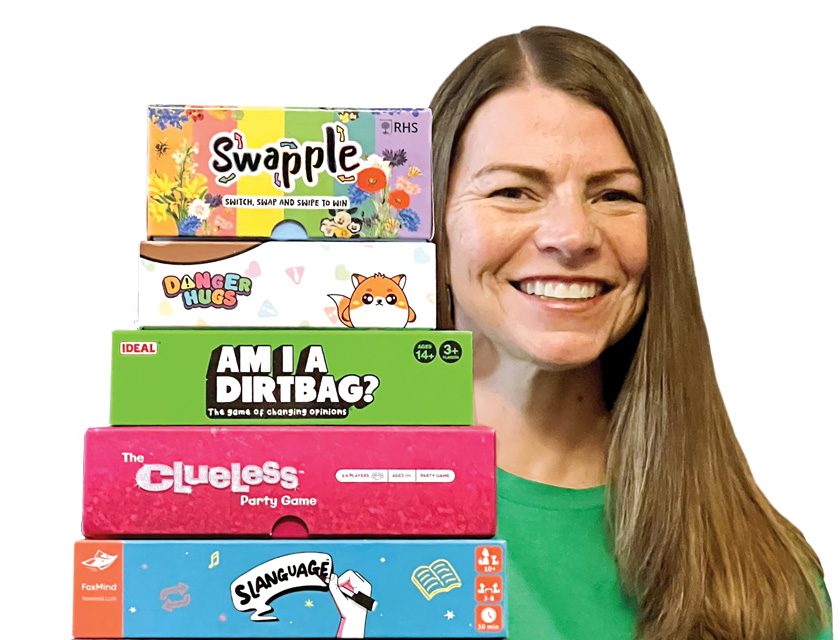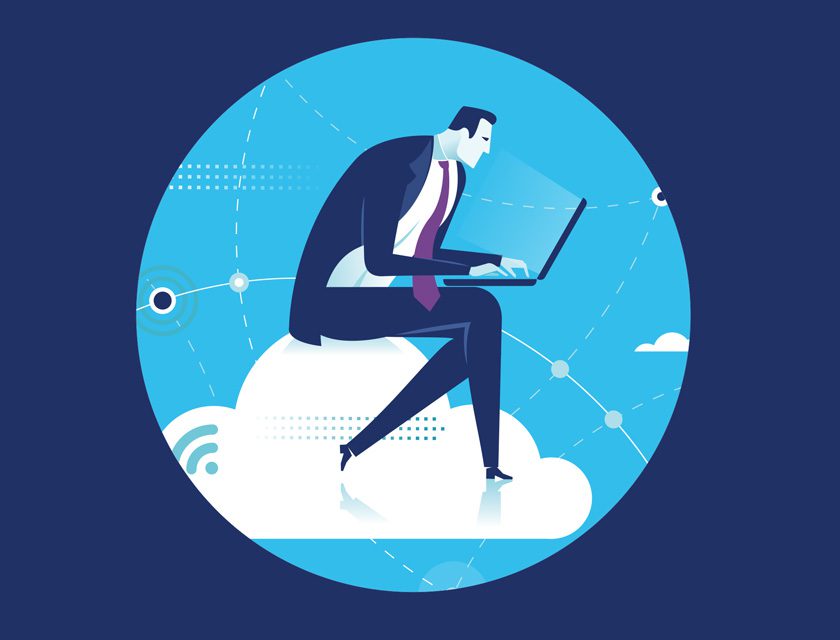
IP violations can jeopardize USOPC’s essential sponsorships and licensing relationships
When the traditional “Parade of Flags” marks the end of the Summer Olympics in Tokyo on August 8, millions of people will be thrilled they witnessed one of the world’s most enduring international spectacles. David Gooder, USPTO commissioner for trademarks, hosted Dana Jozefczyk, associate general counsel for intellectual property with the United States Olympic & Paralympic Committee (USOPC), on June 11 for an online chat about protecting the unique identity of the Olympic Games so the United States can continue to send its strongest teams to this iconic event.
Intellectual property (IP) is essential in protecting that identity, but there is much the general public does not realize about its importance. Jozefczyk—who handles the prosecution and management of a broad portfolio of IP rights, including copyrights and trademarks—spoke to Gooder about her role in educating the public about brand enforcement and protection, and why it is so important to U.S. participation in the Games.
“One thing that a lot of folks are not aware of is that the USOPC is a nonprofit organization,” she said. “We do not receive taxpayer funding. We don’t receive government assistance. We are an organization that relies on our sponsors and our fundraising to send Team USA athletes to the Games.”
Because of the way the USOPC is structured, she explained “Congress set us up in a manner whereby we have exclusive rights to certain intellectual property. The statute that set us up in this capacity is the Ted Stevens Act. It recognizes the way that we function as an organization.”
Jozefczyk said the USOPC has “the exclusive rights to use certain terms commercially in the United States,” including “Olympic,” “Paralympic,” “Paralympiad,” “Olympiad,” “Citius Altius Fortius” (faster, higher, stronger), and more. These trademarks include iconic symbols such as the five Olympic rings. For a more complete list of Olympic trademarks, as well as brand usage guidelines, go to teamusa.org/brand-usage-guidelines.
“Congress enabled us to have a strong sponsorship and licensing whereby we can ensure to our sponsors and our licensees that they have the right to use certain marks in certain categories, and that we as the USOPC will be able to enforce if third parties use those same marks in an unauthorized manner,” Jozefczyk said.
“To me, the way that you enforce a brand is, really you’re protecting the goodwill associated with the mark. … From the one perspective, you don’t want a third party to affiliate itself with your brand in a way that you don’t authorize in a way that could cause your company harm. On the other hand, you also don’t want third parties to commercialize your brand. And the fact that we have sponsor considerations sort of fits nicely into that niche.
“At the USOPC, we’re able to enforce our brand for our benefit, and also to enable these relationships to continue so that we can continue to send Team USA athletes to the Games, train them, feed them—all of that stuff that enables us to have a very strong team.”
Jozefczyk said Olympics IP infringers run the gamut in terms of their intentions.
The vast majority commit violations “out of excitement and fan engagement.” In fact, she said her office receives a lot of proactive requests from people who want to ensure they are doing the right thing.
“We receive emails from people saying, ‘Hey, I would like to throw an event in my town. I’d like to sell Olympic T-shirts. Is this OK?’
“And it gives me an opportunity to not only explain why we ask that they don’t do that, but it also kind of addresses the problem before it happens, which is nice. It’s always more frustrating to have to deal with these things when they’re in the middle of being launched.”



